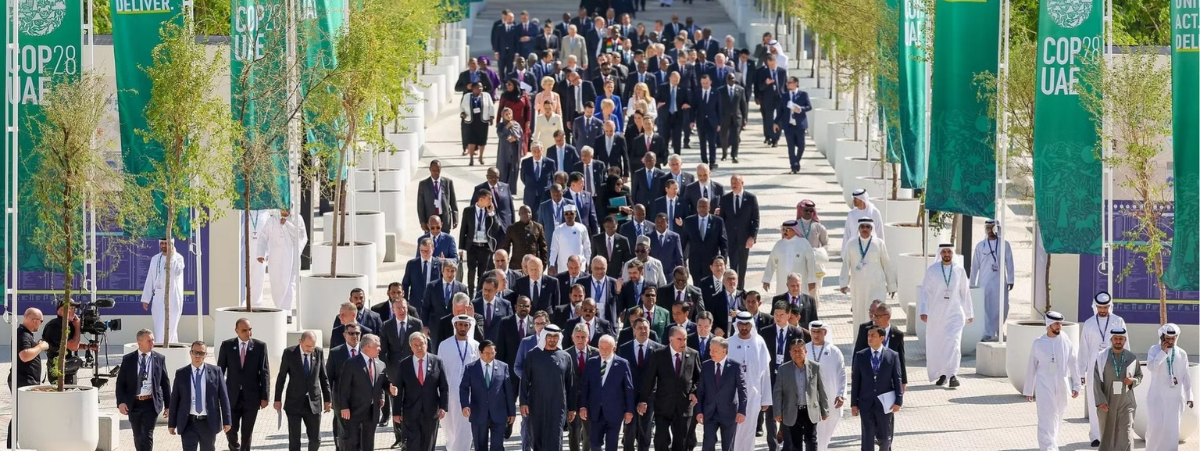Under the title “Uniting the world to tackle climate change”, the next United Nations Climate Change Conference (COP26) will bring together representatives of 200 governments to accelerate climate action to deliver on the Paris Agreement.
On 12 December 2015, at COP21 held in Paris, world leaders adopted a historic agreement with the firm purpose of curbing climate change. They pledged to keep the average global temperature increase below 2°C – compared to pre-industrial levels – and to work towards limiting this increase to 1.5°C. They also agreed to intensify efforts to adapt to the impacts of climate change and to build financing flows consistent with the transition to a low-carbon economy and climate-resilient development.
The upcoming edition to be held in Glasgow (UK) from 1-12 November 2021, is key to review these previous commitments and shape the new responsibilities in the fight against global warming.
What to expect from COP26?
COP26 aims to demonstrate the urgency and opportunities of moving towards a carbon-neutral economy, as well as the power of international cooperation to address the most serious challenges the world is facing.
One of the most anticipated developments concerning the Glasgow meeting is to create a better definition of emission reduction calibration methodologies. The details of accounting and transparency constitute the essential nuts and bolts of the Paris Agreement, and are critical to avoiding real risks of “double counting” of emissions reductions.
Another important point expected is the regularisation of the so-called Article 6 of the Paris Agreement, which addresses two of the main market mechanisms. In Article 6.2, trading between countries of credits generated by emission reduction/removal projects is proposed. In Article 6.4, a decentralised trading mechanism between public and private entities is proposed, based on projects certified and validated by a supervisory body.
Nature-based solutions
A third objective of COP26 is to focus on “nature-based solutions” and analyse the potential of forestry, ecosystems and agriculture to combat global warming. These opportunities are crucial to absorb emissions and help countries reach net-zero carbon targets. (WWF: Nature-based solutions for climate harness the power of nature to reduce greenhouse gas emissions and also help us adapt to the impacts of climate change).
In the short term, voluntary carbon credits from projects focused on emissions avoidance/reduction can help accelerate the transition to a decarbonized global economy, for example by driving investment into renewable energy, energy efficiency, and natural capital. They enable companies to support decarbonization beyond their own carbon footprint, thus accelerating the broader transition to a lower-carbon future. In the medium to long term, voluntary carbon credits could play an important role in scaling up carbon dioxide removals needed to neutralize residual emissions.
Investing in carbon offsetting projects helps countries meet these goals by providing solutions to reduce the amount of carbon in the atmosphere.
This mission helps achieve the goals of the Paris Agreement and enables everyone to get involved in climate action.
ClimateTrade at the COP26
ClimateTrade will be the only carbon offsetting start-up from Spain to be physically presented at the Sustainable Innovation Forum that takes place alongside COP26. With an exclusive booth and the participation of the CEO Francisco Benedito in the panel “How to make nature bankable”, the company is eager to lead and engage in carbon discussions and actions, reinforcing its mission of stopping climate change and generating a direct impact on society and on the environment.







